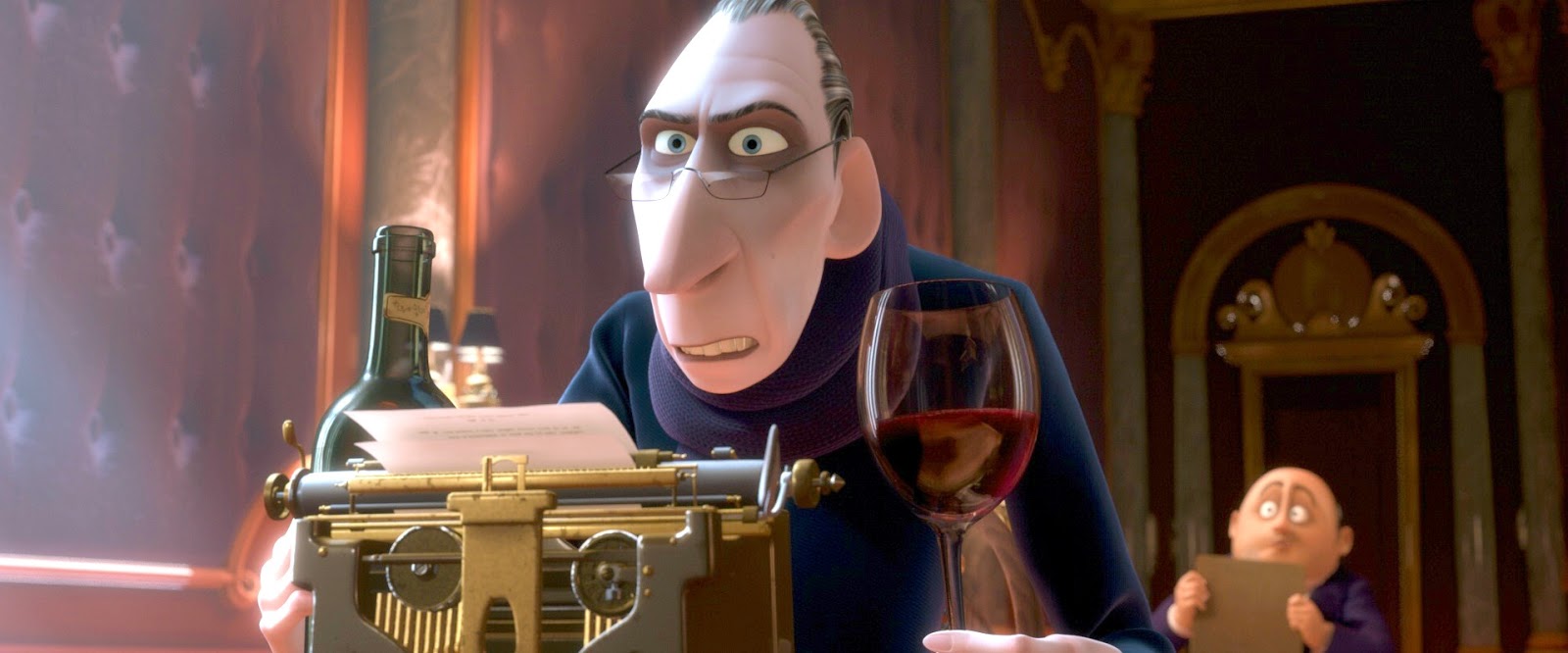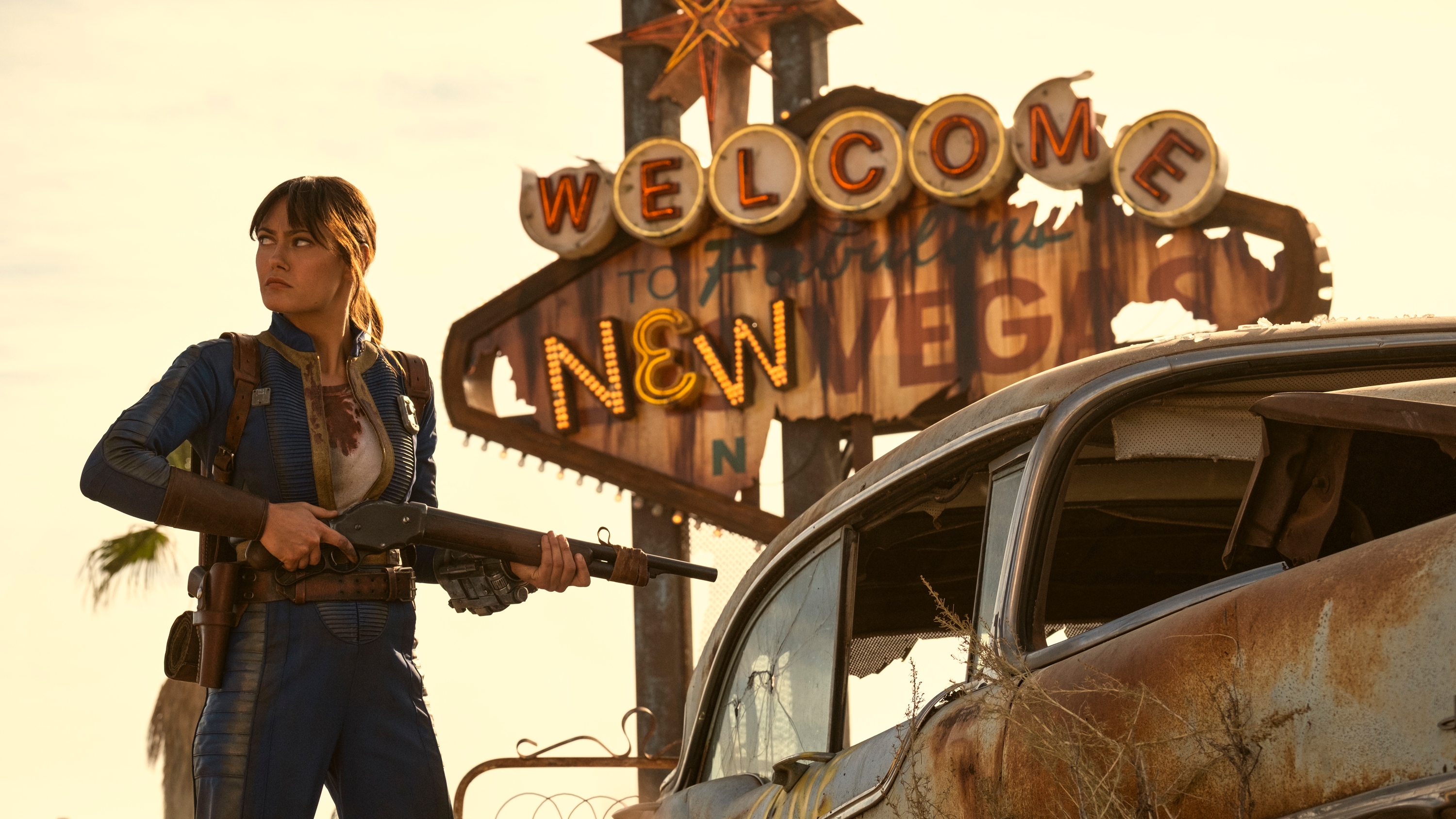'Malcolm and Marie' and the history of villainizing criticism
If your film has a critic character in it, the chances are they're the baddie, but why does this keep happening?

Malcolm and Marie, the new Netflix drama starring Zendaya and John David Washington, opened to decidedly mixed reviews. This wouldn’t be particularly surprising were it not for the fact that the film itself seems to comment on that possibility. Washington’s character, a filmmaker waiting on reviews for his latest project, goes on an extended rant about the evils and hypocrisies of critics, singling out the “white b*tch” of The Los Angeles Times. It was a moment that did not pass by any critic watching Malcolm and Marie. Honestly, I’m kind of surprised that none of us predicted a moment exactly like this once we read the synopsis.
Critics of all kinds get a pretty bad wrap in pop culture. It’s rare that a fictional portrayal of a person who reviews things for a living isn’t reduced to one of three stereotypes: A vengeful snob who hates art and everyone who makes it (Lindsay Duncan in Birdman or Bob Balaban in The Lady in the Water); a whiny brat stereotype of the basement-dwelling troll; or the narcissistic failed artist who turned to criticism out of jealousy. Critics in pop culture exist to be scorned, to be taken down a peg, or to be redeemed by finally seeing the light thanks to the unfettered genius of the main character. It’s pretty exhausting.
It’s not difficult to understand why critics are typically categorized in these ways. Nobody likes critics. Believe me, I’ve done this job for about four years now and people are very quick to inform me that they don’t respect me, my profession, or any of the tens of thousands of words I’ve written in that time. The job of a critic is one that is consistently deemed an elite profession, one of inherent cruelty and vast power. If that was ever true, it certainly isn’t now, given that many of the most talented figures in our profession are generally freelancers, hobbyists, and enthusiasts with side-hustles. Gone are the days when one review from The New York Times could kill your movie, yet the notion of critics as giddy career destroyers persists.
In Ratatouille, the restaurant critic Anton Ego, voiced to delicious perfection by Peter O’Toole, is introduced as the grim reaper of food. He is corpse-like in design and even his home is shaped like a coffin. His reviews are so callously scathing that they essentially ruin lives. His about-turn comes when Remy prepares a dish so wonderful that it sends him back to his childhood with nostalgic fondness. Ego then writes a positive review that mostly serves as a session of self-lacerating humility. He has been brought down to Earth, writing:
"In many ways, the work of a critic is easy. We risk very little yet enjoy a position over those who offer up their work and their selves to our judgment. We thrive on negative criticism, which is fun to write and to read. But the bitter truth we critics must face, is that in the grand scheme of things, the average piece of junk is probably more meaningful than our criticism designating it so."
He's probably right on the last part, but not much else. At the very least, Ego is the perfect exemplification of the critic punching bag we see almost exclusively in pop culture: delighted by his own malice, driven by brutality, and doing so utterly untouched by the rest of the world. Spoken like a guy who’s never been sent rape and death threats for their opinions on a superhero movie.
Of course, even discussing this trope as a critic becomes a catch-22 situation. Call out the derivative work and you’ll be bombarded with the usual noise. Oh, you can’t take what you dish out? You’re so oversensitive. They got the best of you, and that’s why you’re not an artist! Put aside the fact that many critics have incredible artistic outputs, whether it’s writing novels, making films themselves or producing plays and so on. Criticism is its own artform and deserves some credit for that. Just think of the incredible words of people like the late, great Roger Ebert, a man whose adoration for cinema shone through in every review he wrote, even the iconic slams. Not that this stopped him and his long-time collaborator Gene Siskel from being turned into cheap parodies by the likes of Roland Emmerich in Godzilla. You may remember Ebert as the useless Mayor of New York who existed primarily for a lot of fat jokes. It’s almost as if Ebert was right about his lazy ideas or something.
The latest updates, reviews and unmissable series to watch and more!
A big problem I have with the baddie critic trope is how it hasn’t evolved with the times or the changing realities of the job. Critics are still usually portrayed as monied or being exceedingly well compensated for their work in a way that barely exists in 2021 for the vast majority of people in our field. Reviewing professionally in the 21st century, the age of the always-online, means being pitted against enormous fandom forces who are often all too ready to bombard you with harassment, smears, and outright abuse should you not adhere to their demands.
It’s terrifyingly common for a critic to give a bad review of something, only for the creator to use their clout and weaponize their fans to attack that person for simply doing their job. It’s an especially treacherous field for anyone who isn’t a cishet white guy. If you dare to bring up the mere existence of racism, sexism, homophobia, and so on in any context but especially that of so-called “geek culture” then you have to prepare yourself for the inevitable anger that will come your way. You never get used to someone threatening to rape you, but especially when it comes from someone who’s just mad that you didn’t like a movie.
I don’t blame pop culture for not wanting to tackle all of those problems. It’s depressing and art hasn’t quite caught up with the rest of the world when it comes to portraying the myriad forces of internet rage. At the very least, however, it would be nice to see a fictional critic portrayed as a regular person. We do have a few fun people in our corner: Jay Sherman, the loveable sad sack trying to balance his standards with the pressures of corporate employment in The Critic, and Lieutenant Archie Hicox, the critic turned underground agent for the British Army in Inglorious Basterds (we celebrate a fellow critic who takes down as many Nazis as they can before biting the bullet.)
Art is worth caring about, even when it’s execrably bad. As long as art exists, there will always be a need for criticism to complete the conversation. If dealing with a few whiny strawmen in pop culture is the price to pay for that then so be it, but it would be a refreshing change of pace if those characters were, you know, well-written.
Malcolm and Marie will be available to stream on Netflix February 5th, 2021.
Kayleigh is a pop culture writer and critic based in Dundee, Scotland. Her work can be found on Pajiba, IGN, Uproxx, RogerEbert.com, SlashFilm, and WhatToWatch, among other places. She's also the creator of the newsletter The Gossip Reading Club.



